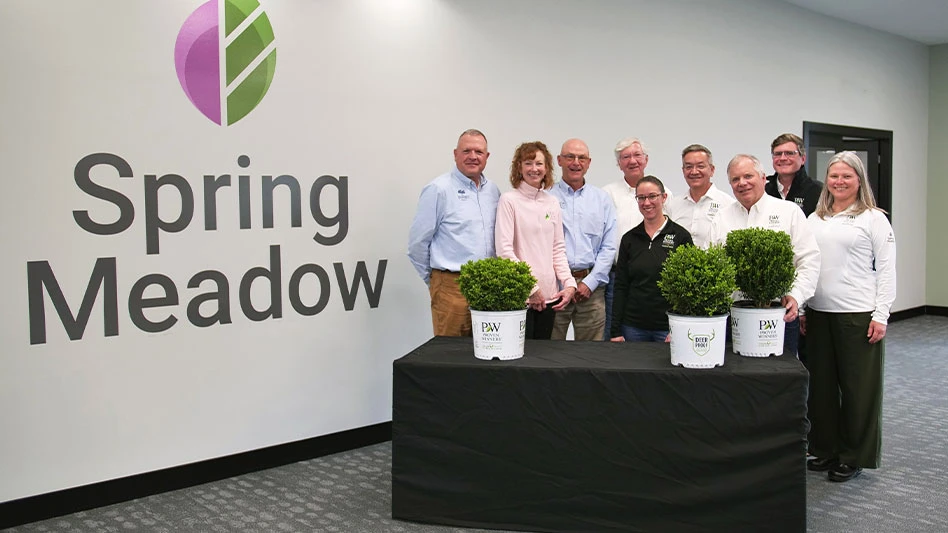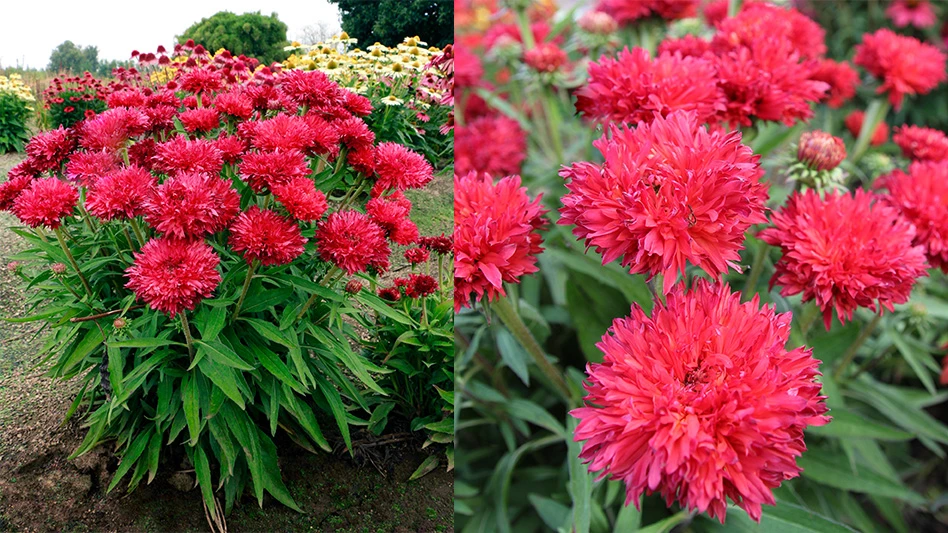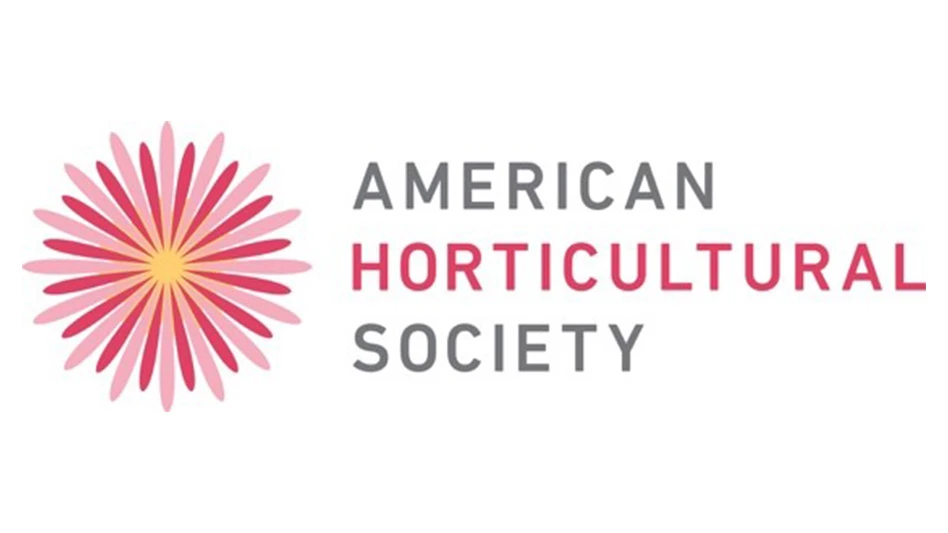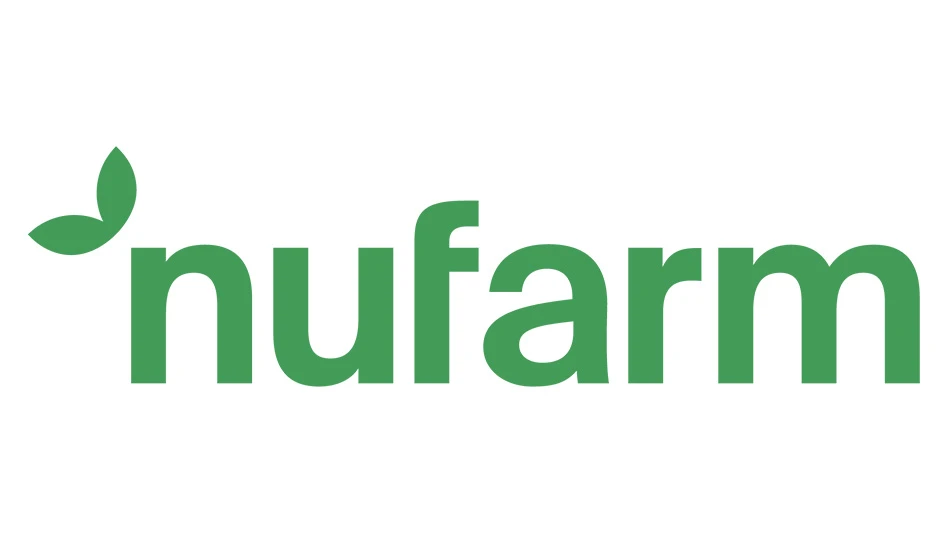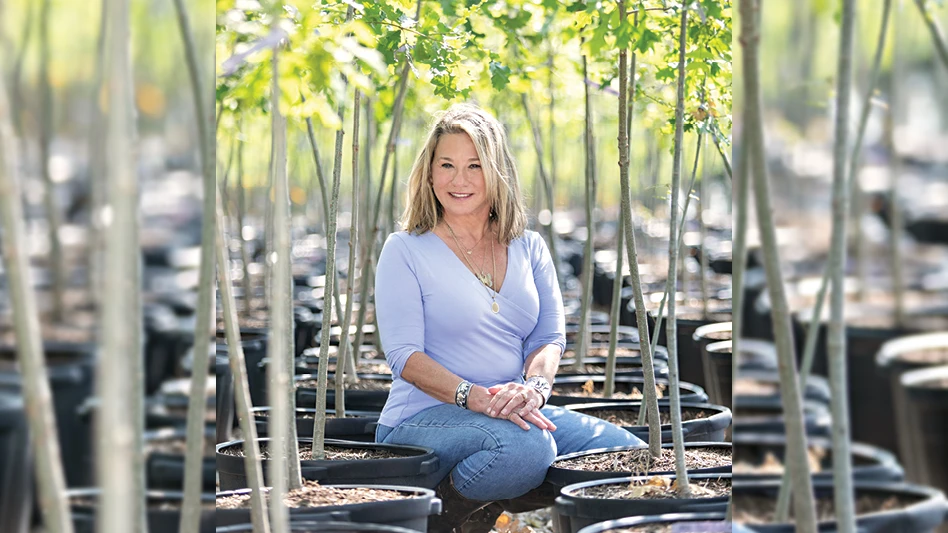 While it’s not making the headlines as much as it did in the past, Phytophthora ramorum, the pathogen responsible for sudden oak death, is still affecting the nursery industry. The Animal and Plant Health Inspection Service (APHIS) is revising the P. ramorum domestic quarantine regulations, effective March 31, 2014. The good news: some of the restrictions are being lifted.
While it’s not making the headlines as much as it did in the past, Phytophthora ramorum, the pathogen responsible for sudden oak death, is still affecting the nursery industry. The Animal and Plant Health Inspection Service (APHIS) is revising the P. ramorum domestic quarantine regulations, effective March 31, 2014. The good news: some of the restrictions are being lifted.
Nurseries in the regulated areas of California, Oregon and Washington
The revised regulations apply to nurseries moving P. ramorum host plants interstate and the requirements are based on when P. ramorum was last detected at the nursery on or after March 31, 2011.
1. If P. ramorum has not been detected in a nursery on or after March 31, 2011, and the nursery is located in a P. ramorum-regulated area, the nursery is no longer required to be inspected, sampled and certified to ship regulated and associated host plants interstate.
2. If P. ramorum has been detected in a nursery on or after March 31, 2011, the nursery must be inspected, sampled and certified to ship regulated and associated articles interstate. Regulatory samples will be taken from host plants, soil, standing water, drainage water, irrigation water, growing media and any other articles designated by the inspector as a possible source of P. ramorum inoculum.
P. ramorum infestations in nurseries may be introduced via three critical pathways.
Source: APHIS |
If any sample is positive for P. ramorum and the nursery wants to ship regulated or associated articles interstate, the nursery must enter into a compliance agreement with APHIS. In the compliance agreement, the nursery must agree to address sources of P. ramorum identified by the testing to prevent its spread through interstate movement of regulated, restricted or associated articles.
To retain interstate shipping status, all critical control points identified by APHIS must be addressed by mitigation measures detailed in the compliance agreement.
If all samples test negative for P. ramorum, the nursery may ship all regulated and associated articles interstate under a certificate pursuant to the current regulations at 7CFR 301.92-5(b). If all samples obtained from the nursery test negative for P. ramorum for three years from the effective date of the revised Federal Order, and the nursery is located in a regulated area, the nursery will be relieved of all federal regulatory requirements for the interstate shipments of P. ramorum regulated, and associated articles following corroboration of the test results for all three years.
Nurseries in quarantine areas of California and Oregon
All regulatory requirements for interstate shipments through annual certification survey and sampling will continue to apply. APHIS will, through compliance agreements, continue to regulate these nurseries under 7CFR 301.92-5(a) due to the presence of P. ramorum in the surrounding natural environment, which results in an inseparability of the areas for quarantine enforcement purposes and an increased risk of disease movement due to the lack of well-defined mitigation measures. Currently there are 14 quarantined counties in California and one in Oregon. The revised regulations will however, apply to nurseries moving P. ramorum host plants interstate and the additional requirements will be based on when P. ramorum was last detected at the nursery on or after March 31, 2011.
If any regulatory sample at the nursery has been found to be positive for P. ramorum on or after March 31, 2011, and the nursery still wants to ship regulated, restricted or associated articles interstate, it must enter into an amended compliance agreement with APHIS.
Regulatory samples will be taken from host plants, soil, standing water, drainage water, irrigation water, growing media and any other articles designated by the inspector as a possible source of P. ramorum inoculum.
If any sample is positive for P. ramorum and the nursery wants to ship interstate, the nursery must enter into an amended compliance agreement with APHIS. In the compliance agreement, the nursery must agree to address sources of P. ramorum identified by the testing to prevent its spread through interstate movement of regulated, restricted, or associated articles. To retain interstate shipping status, all critical control points identified by APHIS must be addressed by mitigation measures detailed in the compliance agreement.
If all samples test negative for P. ramorum, the nursery may ship regulated, restricted, or associated articles interstate under a certificate pursuant to the current regulations at 7CFR 301.92-5(b).
State departments of agriculture in California and Oregon will continue to maintain a list of all host and non-host nurseries in the quarantined areas of their state which are certified pursuant to 7 CFR Part 301.92.
Nurseries outside of regulated and quarantined areas
For nurseries within the United States and its territories that are outside the regulated or quarantined areas, the revised regulations will apply to nurseries moving P. ramorum host plants interstate only if P. ramorum was detected at the nursery on or after March 31, 2014.
 Beginning on March 31, 2014, nurseries located within the United States and its territories, but not in an area regulated or quarantined for P. ramorum, will have additional regulatory requirements if P. ramorum is detected and the nursery ships regulated and associated articles interstate.
Beginning on March 31, 2014, nurseries located within the United States and its territories, but not in an area regulated or quarantined for P. ramorum, will have additional regulatory requirements if P. ramorum is detected and the nursery ships regulated and associated articles interstate.
Such nurseries must be inspected, sampled and certified in order to continue to ship regulated and associated articles interstate. Regulatory samples will be taken from regulated plants, soil, standing water, drainage water, irrigation water, growing media, and any other articles designated by the inspector as a possible source of P. ramorum inoculum. All samples will be tested for the presence of P. ramorum.
The nursery must enter into a compliance agreement with APHIS in order to retain interstate shipping status for any regulated and associated articles for P. ramorum. In the compliance agreement the nursery must agree to address sources of P. ramorum determined to exist at the nursery in order to prevent its spread through interstate movement of regulated and associated articles. To retain interstate shipping status, all critical control points identified by APHIS must be addressed by mitigation measures detailed in the compliance agreement.
The above revisions will allow both APHIS and state regulatory agencies to focus their resources on high-risk nurseries where P. ramorum has been detected, while reducing the burden on nurseries that pose minimal risk for moving the pathogen through shipments of regulated, restricted, or associated articles.
Need help with the regulations? Contact Prakash Hebbar at (301) 851-2228 or Stacy Scott at (970) 494-7577. View the revisions here: http://1.usa.gov/1kB7vtX

Explore the January 2014 Issue
Check out more from this issue and find your next story to read.
Latest from Nursery Management
- The HC Companies, Classic Home & Garden merge as Growscape
- Eason Horticultural Resources will now officially be known as EHR
- BioWorks receives EPA approval for new biological insecticide for thrips, aphids, whiteflies
- Ellen Mackenbach-Lakeman appointed new CEO of Dümmen Orange
- Southern Garden Tour sets 2025 dates for trial garden open houses
- New book explores plants that thrive in Rocky Mountains
- American Floral Endowment establishes Herman Meinders Memorial Tribute
- These companies are utilizing plastic alternatives to reduce horticultural waste

